Chocolate milk — the childhood-favorite drink typically packaged in a brown carton — hasn’t changed much in the last few decades. Aside from a few plant-based milk brands venturing over to the “dark” side in recent years, chocolate milk has witnessed little innovation since it was introduced in the late 1600s — that is, until now.
Slate, a Boston-based startup, flipped the concept of chocolate milk on its head by creating a line of better-for-you, canned chocolate milk targeted towards adult consumers. The company’s co-founders, Manny Lubin and Josh Belinsky, transformed the creamy beverage that was previously dismissed as a drink for children, into something adults wouldn’t be embarrassed to carry around. Xtalks spoke to Lubin to hear more about Slate’s innovation in the dairy sector.
From Concept to Reality
“My co-founder Josh and I were both in the startup tech world in 2017 and our companies were going through changes, but we had a passion for startup culture,” Lubin said. “One day, we both realized how much we loved chocolate milk. We’re both somewhat lactose intolerant, but we saw an opportunity from a brand perspective in between the kid’s chocolate milk and the high-protein, artificial bodybuilder drinks.”
Lubin explained that the goal was to create healthier chocolate milk than what is currently on the market and brand it for adults. Slate’s startup journey began in 2018 when the two co-founders began sampling lactose-free chocolate milks and researching how to get into the dairy industry, having no prior knowledge of the sector. After many failed experiments and iterations, Slate developed the perfect lactose-free formula that contains around 130 calories, 9 grams of sugar and 17 grams of protein per serving, depending on the flavor.
In 2019, Slate ran a successful Kickstarter campaign, and later that year, the pair scored a spot on the TV show Shark Tank seeking further funding from famous investors. While they walked away without an investment from the Sharks, Lubin said the experience positively impacted the business: “It didn’t exactly go as planned, but since the episode aired in the summer of 2020, we now have a 20-person team, and by March we’ll be in about 3,000 US stores.” Slate also recently secured an additional $1.7 million in funding, bringing its total funding to $2.5 million.
Branding is Everything
Lubin described the current market for chocolate milk as “exclusive” — it’s either just for kids or high-protein-consuming bodybuilders, but not for the everyday adult. Slate wanted to make the drink as inclusive as possible, and that started with its packaging. “We wanted to make it [the packaging] very simple and minimalistic so that the everyday consumer feels like it’s
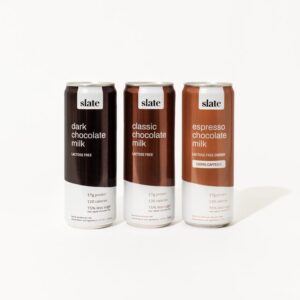
made for them,” Lubin said.
Much like reaching for a bag of chips or a package of cookies, there is a certain level of embarrassment that comes with reaching for a carton of chocolate milk as an adult. “Whet
her you’re an 18-year-old student-athlete looking to fuel your body after a workout or a 37-year-old with a couple of kids that drink chocolate milk [but are] looking for an alternative for yourself,
Slate is just for everyone,” Lubin said.
Slate strategically positioned itself in the “better-for-you” category — one that has seen steady growth in recent years as more consumers shift toward healthier foods without sacrificing flavor or giving up cravings. Much like Halo Top, a brand that offers ice cream lower in sugar, fat and calories than its competitors, Slate wanted to take an unhealthy favorite and turn it into a flavor-packed, guilt-free beverage. Lubin described Slate as the “better-for-you version of milk” and predicts that every category will have a “better-for-you” version in the future.
The company’s name relates to the notion that chocolate milk is unhealthy, problematic for those with lactose intolerance and generally consumed by children — it needed a clean “Slate.” The company’s long-term goal is to change the way people think about chocolate milk and make it more appealing for the average adult.
Innovating in Dairy
From an appearance perspective, Slate stands out from other chocolate milk brands since it uses 100 percent recyclable aluminum cans rather than paper cartons. And unlike regular dairy, Slate doesn’t require refrigeration. Through a few different scientific processes and the right packaging, Slate was designed to be shelf-stable. But like normal milk, it is best enjoyed cold — “cold is gold,” Lubin said.
When asked whether Slate had any plans to enter the plant-based milk space, Lubin said, “There’s a ton of very exciting innovation in the plant-based milk world, but I think where we see the opportunity for innovation, at least at this point, is in real milk. We’ve found a lot of people prefer real milk, so where we feel like Slate could add the most value to consumers is not necessarily creating another almond milk or oat milk under the Slate brand, but rather creating a better chocolate milk that doesn’t currently exist.”
Current flavors include Classic Chocolate Milk, Dark Chocolate and Espresso, with a few new ones in development. While Slate is sold exclusively in the US, the company is planning to expand into international markets by 2022.
Navigating Through COVID-19
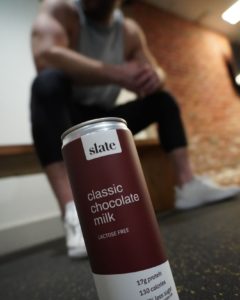
Slate launched in November 2019, about three months before the start of the COVID-19 pandemic, selling direct-to-consumer (DTC) through its website. Although Slate sells online, it is a “retail-first” brand that built its team around retail. “To build the business, we knew we were going to have to win at grocery,” Lubin said. “So when we launched in about 300 stores in late 2019, our business meetings were put on hold for about nine months when the pandemic hit.”
Despite some initial supply chain issues and delays getting into more retailers, Slate never had any trouble getting its products on the shelves. Lubin thanks great partners, suppliers and employees for Slate’s success through COVID-19, stressing the importance of carefully vetting partners. “If you have a great partner, they will let you know when a problem is going to come. And when a problem arises that they didn’t see coming, they work with you to solve it.”
“Our team is what makes Slate go,” Lubin added. “Each individual team member adds so much. I always want to make sure people remember that it’s all about the team.”

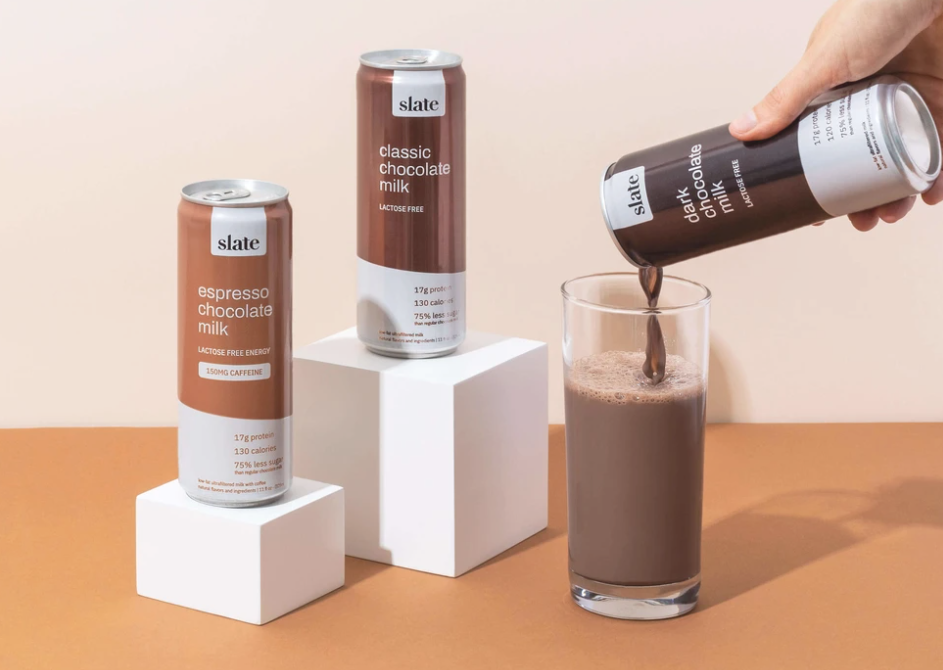

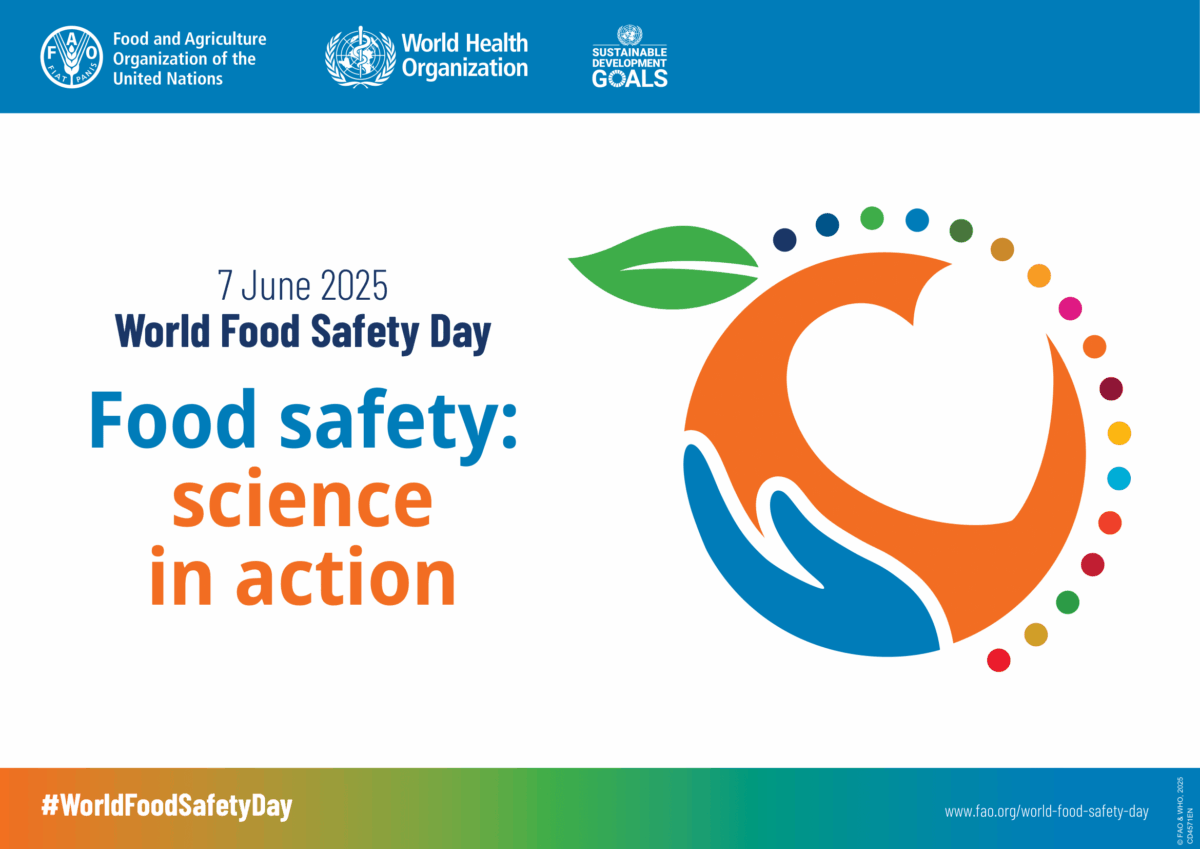

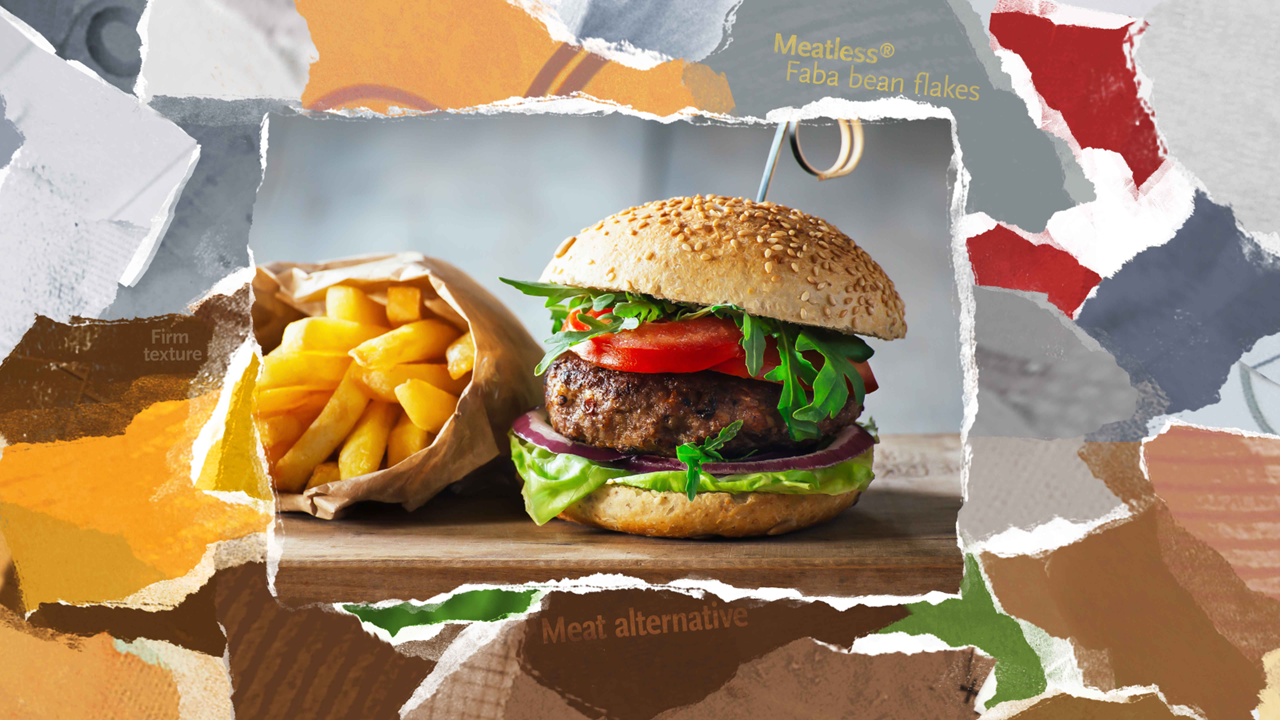






Join or login to leave a comment
JOIN LOGIN